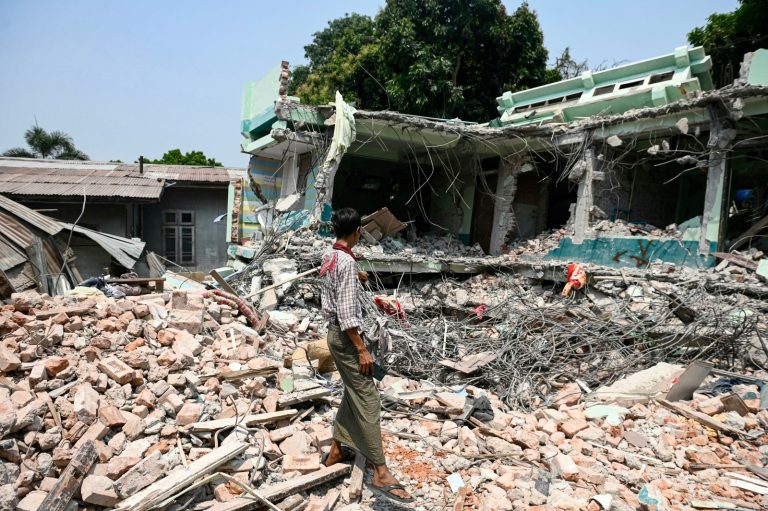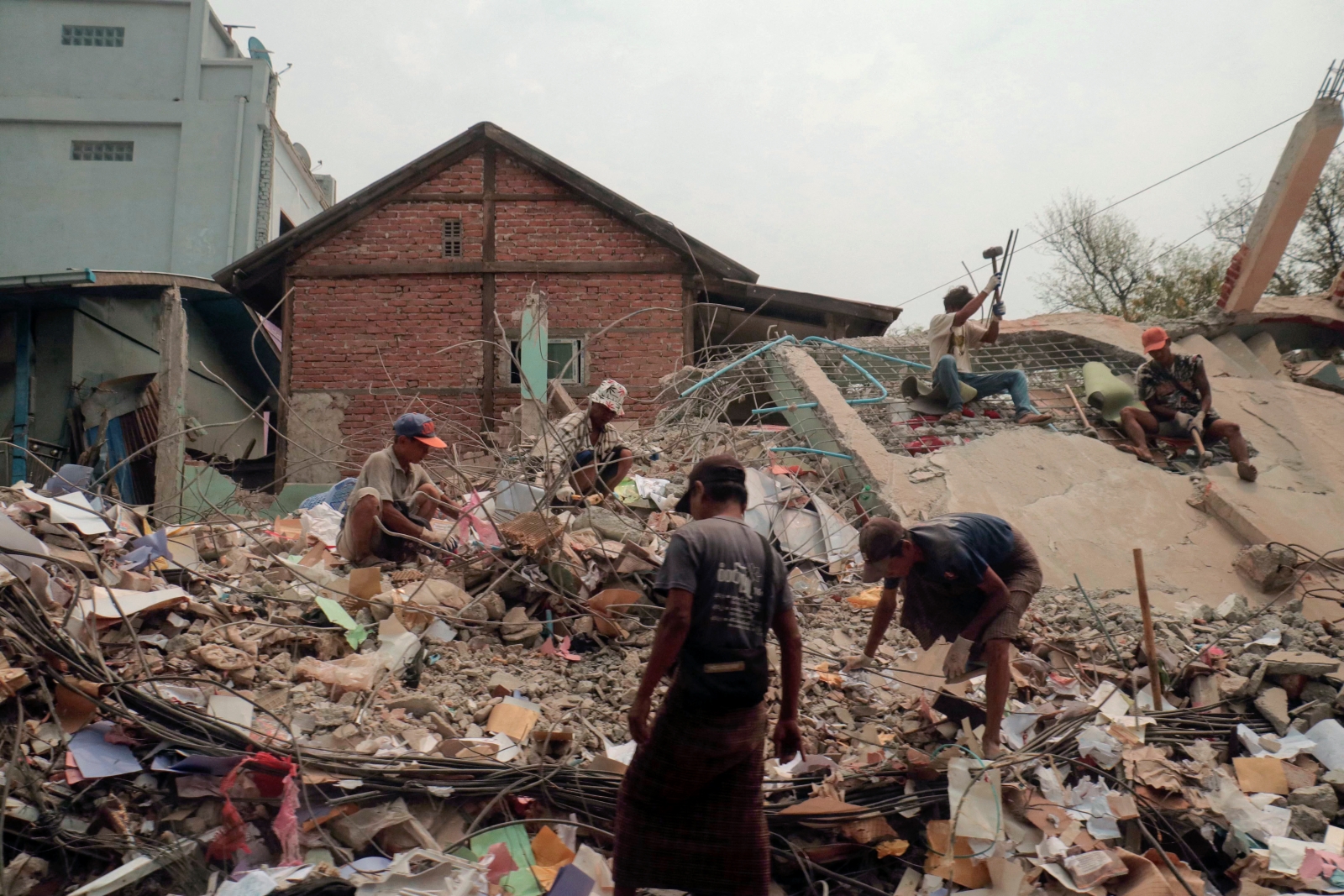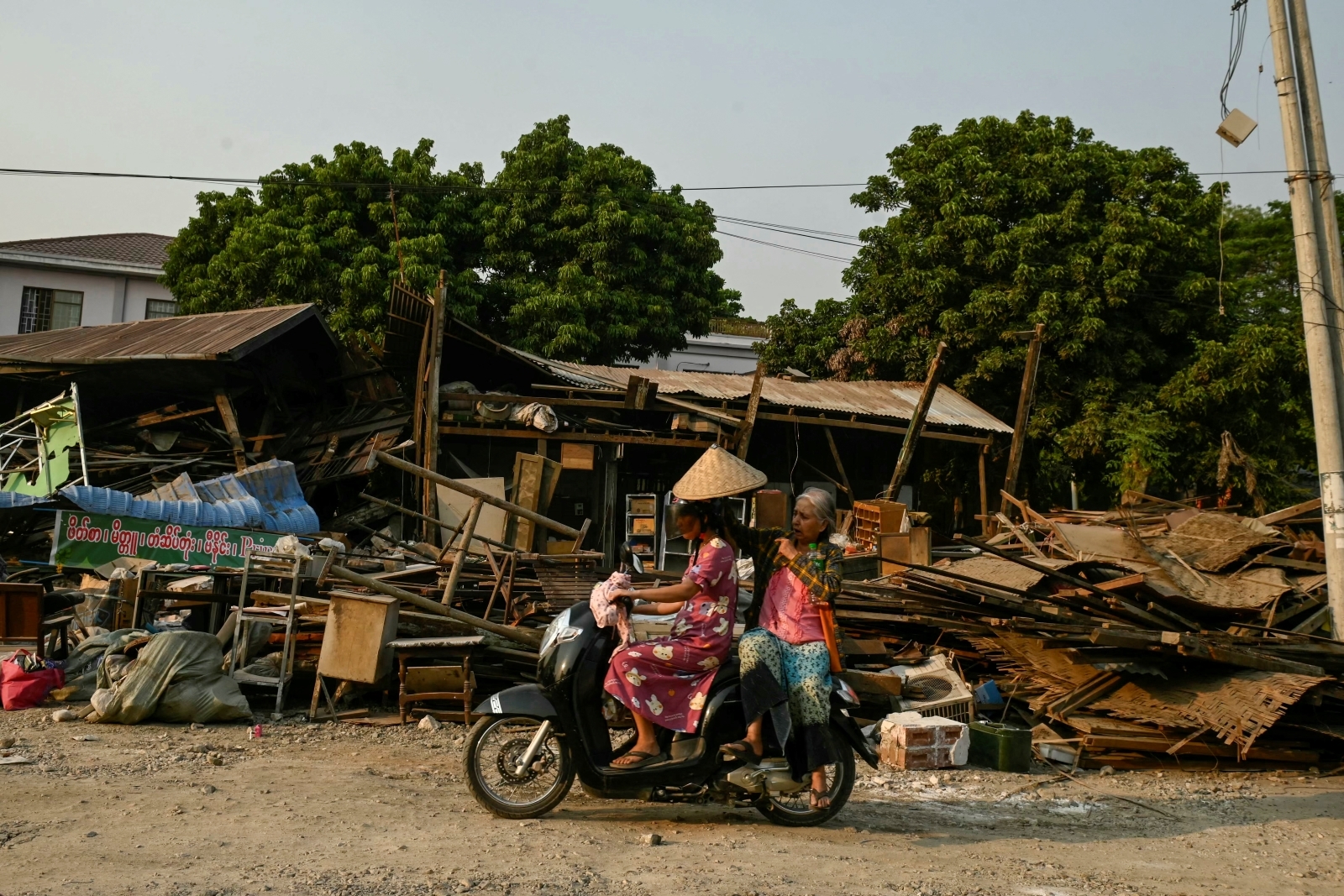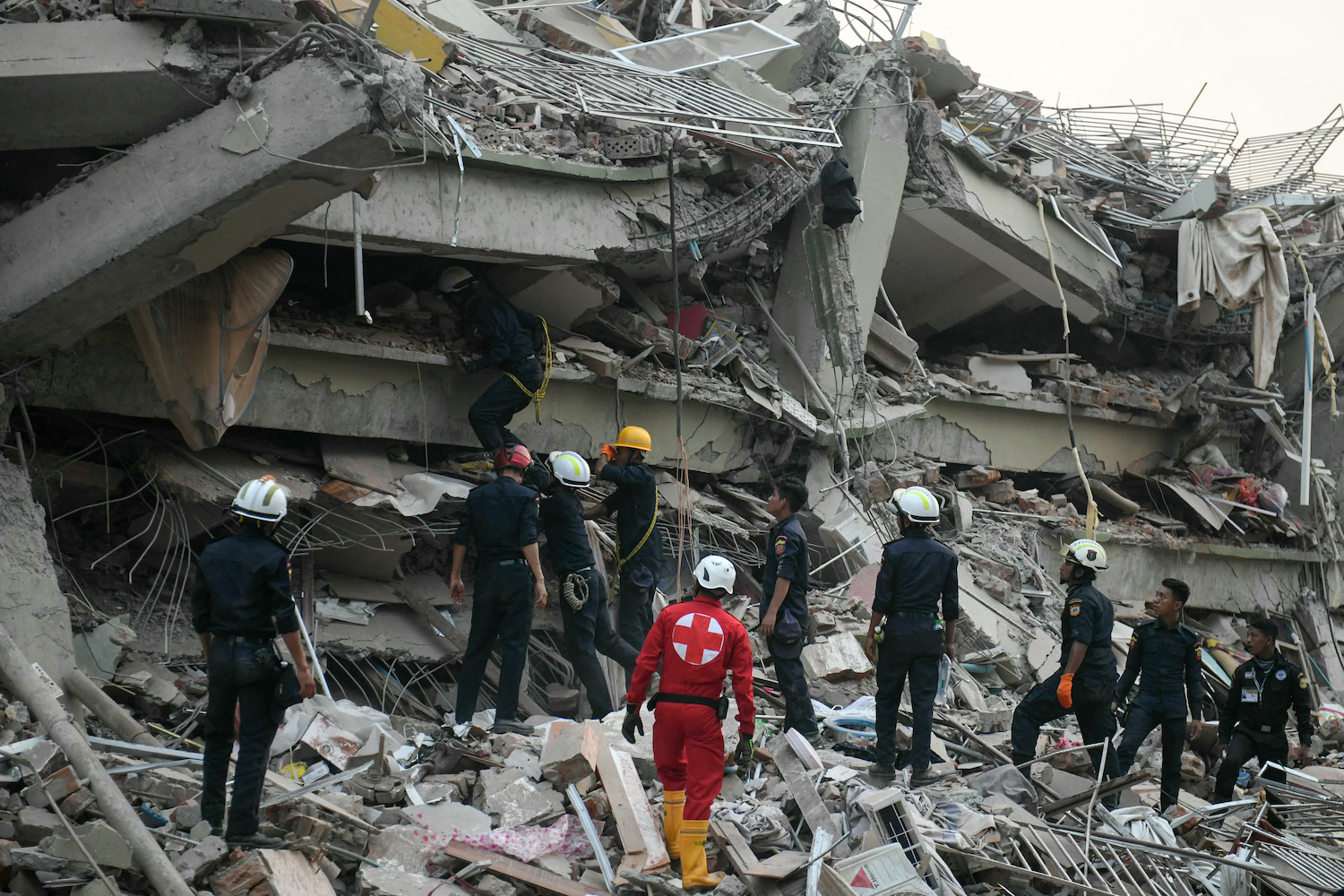Investors have five good reasons to show caution before the installation of a new Myanmar government headed by the NLD.
Democrats worldwide rejoiced at the Myanmar election result … and rightly. At a time when other countries in nominally democratic Southeast Asia – Thailand notably, possibly Malaysia – appear to be drifting in the direction of autocracy, the triumph of the National League for Democracy in general and Daw Aung San Suu Kyi in particular is doubly welcome. As is the willingness of Tatmadaw – in contrast to the aftermath of the 1990 election – to accept the will of the people … so far, at least.
For investors – existing and potential, fixed income and portfolio – satisfaction in principle with the election outcome should be tempered by a degree of caution in practice, as Myanmar takes a huge step into the unknown.
There are five considerations they need to bear in mind.
First, the election is only the first stage of a process to select a new president and government. The president is chosen by a complex procedure in which the two houses of the Union parliament select from among three candidates – one each nominated by the Upper and Lower houses and the Tatmadaw – the timeline for which is not clear. The next president will almost certainly be the candidate supported by the NLD, but at this stage we have no idea who he or she will be. It will not be Daw Aung San Suu Kyi, who is barred from the presidency under Section 59(f) of the constitution because her late husband and two sons are foreign citizens.
Second, surely this doesn’t matter given Daw Aung San Suu Kyi’s post-election comment that she would be “above the president”. But this would put her in breach of Section 58 of the constitution, which states that: “The president … takes precedence over all other persons throughout the Republic of the Union of Myanmar.” Spokespersons for the ruling Union Solidarity and Development Party and the Tatmadaw have been quick to make this point and may look to enforce it if push comes to shove.
Support more independent journalism like this. Sign up to be a Frontier member.
Third, as Financial Times correspondent Michael Peel wrote last week, if Daw Aung San Suu Kyi was to be sidelined in some way, she “… has no rivals in the NLD and has groomed no successors, leading some to worry that the party could even implode once she has gone”.
Fourth, unelected members of the Tatmadaw retain 25 percent of the seats in the incoming parliament and can therefore block any attempt at constitutional reform, which requires 75 percent plus one vote. Daw Aung San Suu Kyi has already formally called for talks on national reconciliation with President U Thein Sein, Tatmadaw Commander-in-Chief Senior General Min Aung Hlaing and parliamentary Speaker Thura U Shwe Mann and they will presumably take place between the final declaration of the vote and before the ballot for the president. Hopefully, an accommodation can be found which will allow the new government to govern while not pushing the power-brokers in the Tatmadaw too far out of their comfort zone. But the toppling of Thura U Shwe Mann as USDP chairman in a palace coup in August because of his closeness to Daw Aung San Suu Kyi may not bode well.
Fifth, if Daw Aung San Suu Kyi is calling the shots, for all of her undoubted credentials as a beacon of democracy, she remains an unknown quantity in government, as is her party. Furthermore – and crucial from the perspective of investors – little is known in detail about an NLD government’s likely economic policies, which did not feature in election campaigning.
There is also the overall context of ethno-religiously conflicted Myanmar. Much international attention has been focused on the plight of the minority Muslim Rohingya. The reality is that this issue is one of several huge internal challenges facing a country caught in the middle of big power rivalry – between China and India and complicated by much-increased Western interest – which is riven by corruption and in which only eight of more than 20 armed ethnic groups signed a “nationwide” ceasefire agreement last month.
Too often of late the world has seen that the removal of an oppressive regime can trigger an explosion in long-standing tensions and it would be unwise to assume that this could not happen in Myanmar.






